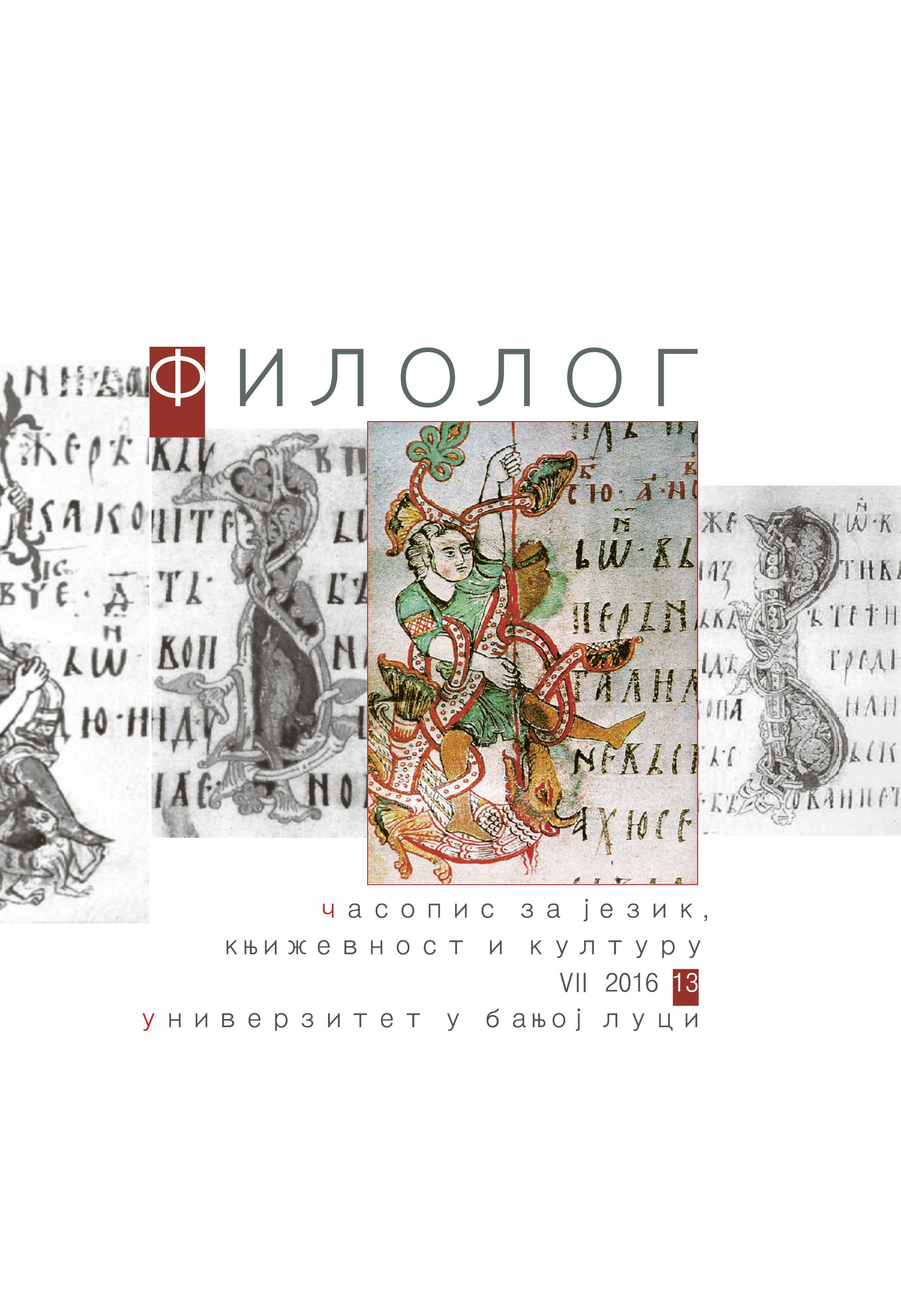Плиније Млађи о раним хришћанима у Битинији (Epistula X 96)
Pliny the Younger on Early Christians in Bithynia (Epistula Х 96)
Author(s): Slobodanka S. PrtijaSubject(s): Christian Theology and Religion, Ancient World, Theology and Religion, Philology, History of Religion
Published by: Филолошки факултет Универзитета у Бањој Луци
Keywords: Letter 96; Pliny the Younger; early Christians; worship;
Summary/Abstract: In the year 112, Pliny the Younger wrote a letter to the emperor Trajan (10.96) about his actions with regard to some people who had denounced as Christians in the Roman province of Bithynia. This letter is the earliest surviving Roman document that refers to the Roman attitude in regard to the new religious movement, and it also provides very important information on early Christian beliefs and worship at the beginning of the second century. Within the short passage of Pliny’s letter we find valuable details on early Christian gatherings and worship. Two parts of worship can be identified: they were accustomed to meet on a fixed day before dawn, and after that to depart and to assemble again to partake of food. At morning gatherings Christians sang responsively a hymn to Christ as to a god, andbound themselves by oath, not to commit fraud, theft, or adultery, not falsify their trust, nor to refuse to return a trust when called upon to do so. Early, Christians gathered again to have common meals. Although Pliny does not mention the name itself, these meal gatherings were probably Agape. According to Pliny’s report the Agape and Eucharist gatherings were not two separate events and were held in the evening. But Pliny also suggests that these evening gatherings should have been ceased after his edict by which he had forbidden political and religious associations. It seemed changes of Christians worship had already begun. Depending on the places and times, the Eucharistic meals came to be received primarily at morning gatherings and involved small amounts of bread and wine. Many elements Pliny mentioned in his letter have their roots in Jewish worship.
Journal: Филолог – часопис за језик, књижевност и културу
- Issue Year: 2016
- Issue No: 13
- Page Range: 11-25
- Page Count: 15
- Language: Serbian

